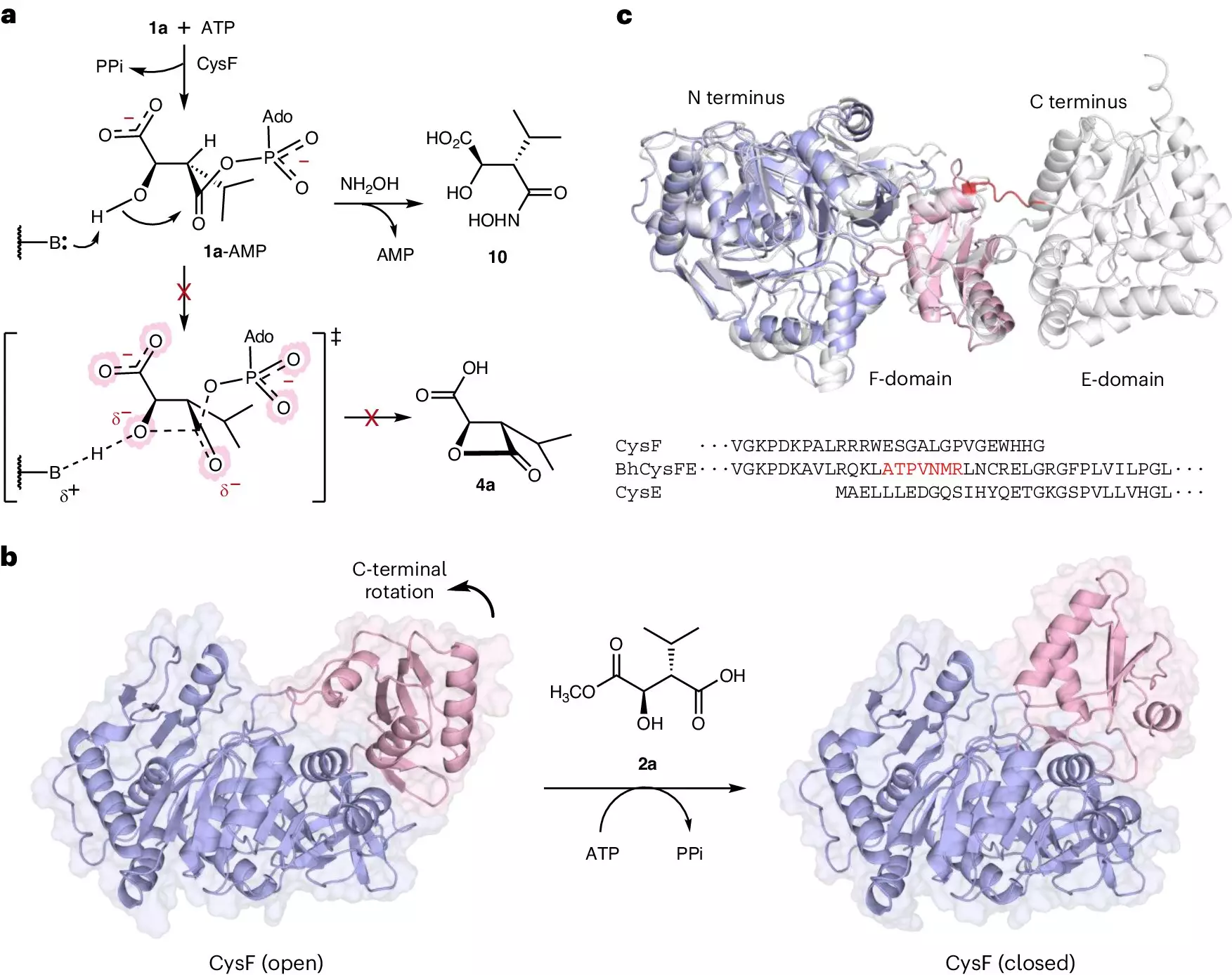Peptides, the small chains of amino acids, hold immense potential in the world of medicine. These molecules play a pivotal role in numerous biological functions and are increasingly being utilized in therapies aimed at combating serious diseases like cancer, diabetes, and infectious conditions. The versatility of peptides also extends to their application in vaccines and nanotechnology, showcasing their adaptability in addressing various medical challenges. Given that they can perform many of the same functions as proteins, the burgeoning field of peptide-based pharmaceuticals could represent a transformative shift in how we approach treatment development.
However, the current methods for synthesizing these vital molecules are riddled with complexities and environmental repercussions. Traditional chemical synthesis, which often yields insufficient amounts of peptides, is an intricate process that generates toxic waste. This not only contributes to environmental degradation but also results in high production costs, limiting the accessibility and availability of peptide medicines.
Breaking Barriers with New Ligase Enzymes
A recent innovation from researchers at the University of Manchester is setting the stage for a revolution in peptide production. Their study, published in the esteemed journal *Nature Chemical Biology*, unveils a novel set of ligase enzymes—molecular agents that facilitate the assembly of peptide sequences—offering a pathway to synthesize these compounds more efficiently and sustainably. This breakthrough marks a significant shift away from traditionally cumbersome peptide synthesis. By employing ligase enzymes, scientists can now produce peptides in a streamlined manner, drastically improving yield and reducing the steps in the process.
Led by Professor Jason Micklefield, the team achieved a remarkable reduction in the synthesis steps needed to produce these peptides. Historically, peptide synthesis required labor-intensive methods involving 10 to 12 steps, often leading to poor yield. The new technique, in contrast, simplifies this process, allowing the simultaneous integration of different ligases in a single cascade reaction. This innovation not only promises to enhance the quantity of peptide output but also positions the production process as far more environmentally friendly, alleviating concerns over hazardous waste.
Challenges in Current Peptide Synthesis Techniques
Despite progress in the peptide synthesis domain, the prevailing methods remain heavily dependent on elaborate and costly manipulations. Many existing techniques utilize highly protected amino acid precursors along with toxic chemical reagents that contribute to the problem of hazardous waste generation. Furthermore, these traditional methods present scalability issues, hampering the widespread availability of peptide therapies. As such, the high cost of peptide medicines can be a barrier to patient access, calling for urgent development of more sustainable synthesis techniques.
This latest research from Manchester not only addresses these pressing issues but also sets a new standard for future studies and applications. By investigating and characterizing the ligase enzymes that naturally assemble peptides in bacteria, the researchers initiated a transformative process that could eventually pave the way for producing a broader array of therapeutic peptides.
A Vision for the Future: Expanding the Horizons of Peptide Applications
The researchers anticipate that their findings will extend beyond mere labor efficiency. Dr. Guangcai Xu, a significant contributor to the project, envisions a future where these ligases can be utilized to construct longer and more complex peptides for various therapeutic purposes. By harnessing the rich genome sequence data available, the team is optimistic about the identification of additional ligases that can revolutionize peptide synthesis even further.
The ambition of the Manchester team goes beyond laboratory experimentation; they have already initiated partnerships with leading pharmaceutical companies. This collaboration indicates a proactive approach to rolling out the ligase enzyme technology, ensuring that the new method can be effectively integrated into pharmaceutical manufacturing processes. As the push for innovative and sustainable medical solutions accelerates, the researchers’ work stands as a beacon of hope for the healthcare industry, signaling a future where peptide medicines can be produced more affordably and sustainably.
The advancements in peptide synthesis brought forth through the identification of new ligase enzymes not only present a scientific triumph but also cast a positive light on the potential for improving patient care and making revolutionary therapeutic avenues accessible to wider populations.


Leave a Reply